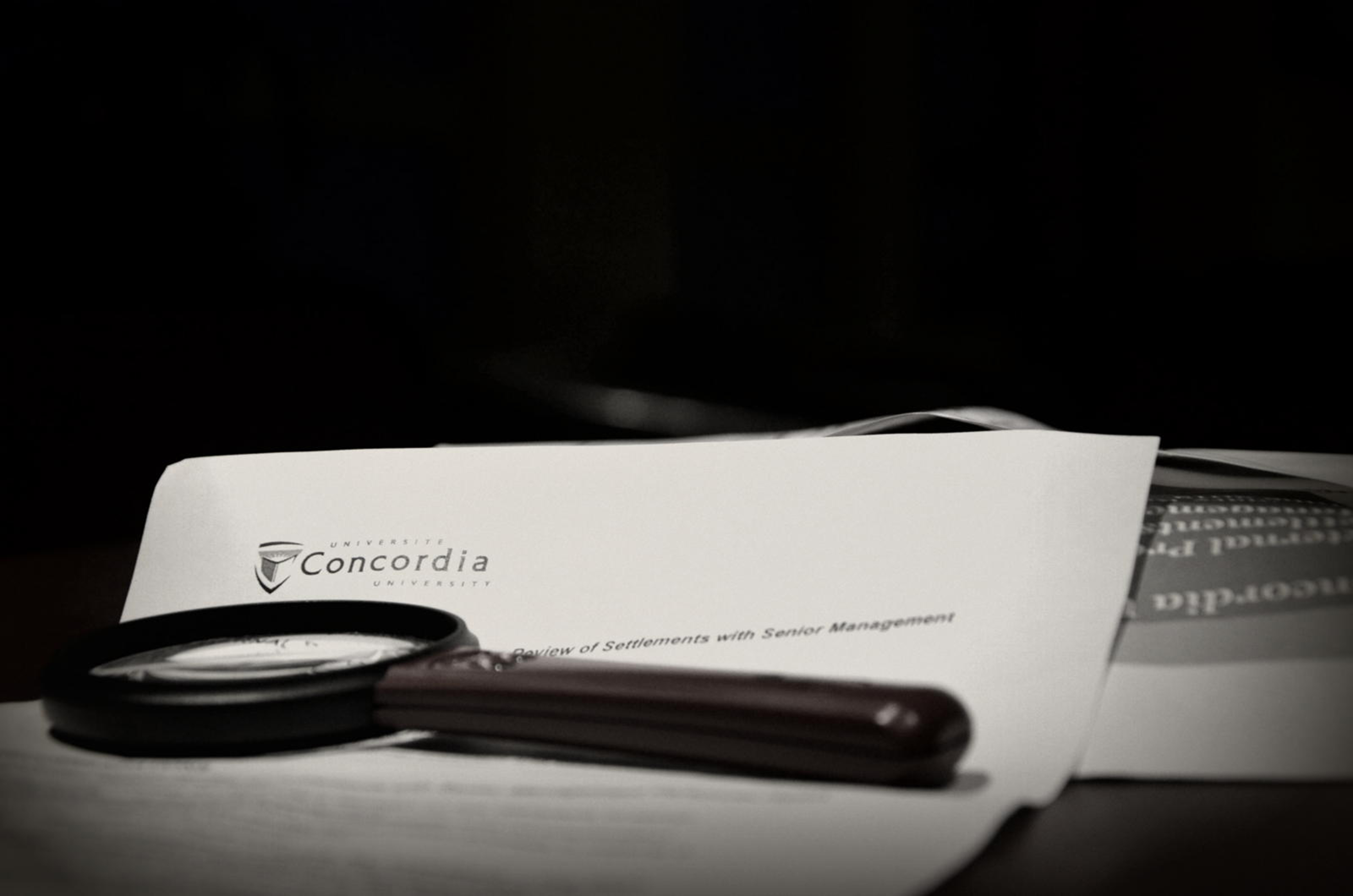Concordia University’s Board of Governors unanimously adopted all recommendations of an external governance review addressing the departure of personnel at the senior administrative level and strengthening transparency.
The External Process Review of Settlements with Senior Management Personnel report by PricewaterhouseCoopers LLP reviewed the departure of former President and Vice-Chancellor Judith Woodsworth and five top administrators from September 2009 to December 2010. The university doled out a total of $3.1 million during these months, in the form of severance packages to the six employees.
The review was ordered in March, prior to then-Education Minister Line Beauchamp’s letter to the BoG criticizing Concordia’s excessive spending. The Charest government also fined Concordia $2 million for a lack of responsibility with public funds.
The 23-page external review proposed 17 recommendations for Concordia to implement. A total of seven recommendations focus on the process for reaching a decision on the departure of top personnel, six on the procedure for negotiating a settlement and four on the control of information, confidentiality and communication.
The review emphasizes the lack of policy and formal process for removal of high-ranking administrators and officers, as well a perceived lack of transparency by Board of Governors members that contributed to a “climate of distrust.”
A main recommendation is for the creation of a formal, confidential annual evaluation process for the president of the university.
The report revealed that a formal process for reaching a decision for the removal of a senior officer was not followed in two of three cases involving either former Chief Financial Officer Larry English, former Vice-President of Advancement and Alumni Affairs Kathy Assayag, or Woodsworth.
The review advised that the decision for the removal of a president should follow a formal process set out in the by-laws including a closed session discussion at the BoG level, followed by a vote. The current by-laws are unclear on the process of negotiation with the BoG regarding the option to remove a president.
Furthermore, it was suggested that the dismissal of senior administrators that report to the president such as vice-president and deans should rest on the president. The president must consult with the HR committee before reaching a decision. The report recommended that vice-presidents should form a decision regarding the removal of other top employees such as associate vice-presidents and senior directors.
The report also recommended that teaching rights should also be postponed until a severance is fully paid or for a specific period of time following the settlement. The recommendation is likely a reference to Woodsworth returning to the classroom in January after her ambiguous resignation urged by the BoG in December 2010. Concordia released a statement explaining that this suggestion has been in place for all new contracts since winter 2012.
In addition, the external review called for comprehensive public communication since the compensation for senior employees is of a public nature. The recommendations instructed that the university should report the factual reasons for removal or dismissal to the public.
The review also reported a breach of confidentiality within the BoG, on page seven, claiming there was a leak of information. It was suggested that BoG members adhere to good practices in confidentiality in the future.
“The report does state that there were concerns over the breach of confidentiality of information at the BoG level and stated that leaks were reported,” said Christine Mota, spokesperson for the university. “The report however doesn’t give any specifics about the alleged breaches or leaks.”
According to BoG Chair Norman Hébert, the board has already implemented some of the suggestions made by the report. Hébert told The Concordian the measures will be fulfilled in the following months. The BoG adopted the recommendations Friday, months after PricewaterhouseCoopers LLP was supposed to deliver the report. The delay was due to a lack of information “regarding the benchmarking of other universities” and holiday schedules.
Hébert believes the proposal will help Concordia fill in the gaps.
“We talked about transparency and engagement and we’re all volunteers, and we’re doing this because we love Concordia,” said Hébert. “Transparency and engagement at the board is leading by example and that’s what we’re going to do.”
The review did not examine Woodsworth’s predecessor Claude Lajeunesse, who left in 2007 two years into his five-year contract. The external review examined the turnover and severance packages of the following Concordia administrators, in order of departure:
– Ted Nowak, former internal audit director (Sept. 2009)
– Saad Zubair, former assistant internal audit director (Sept. 2009)
– Larry English, former chief financial officer (Dec. 2009)
– Jean Brisebois, former security director (Dec. 2009)
– Kathy Assayag, former vice-president of advancement and alumni affairs (Sept. 2010)
– Judith Woodsworth, former president and vice-Chancellor (Dec. 2010)
Click here to learn more about these six former administrators
